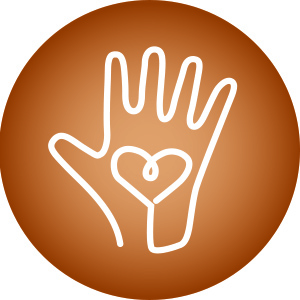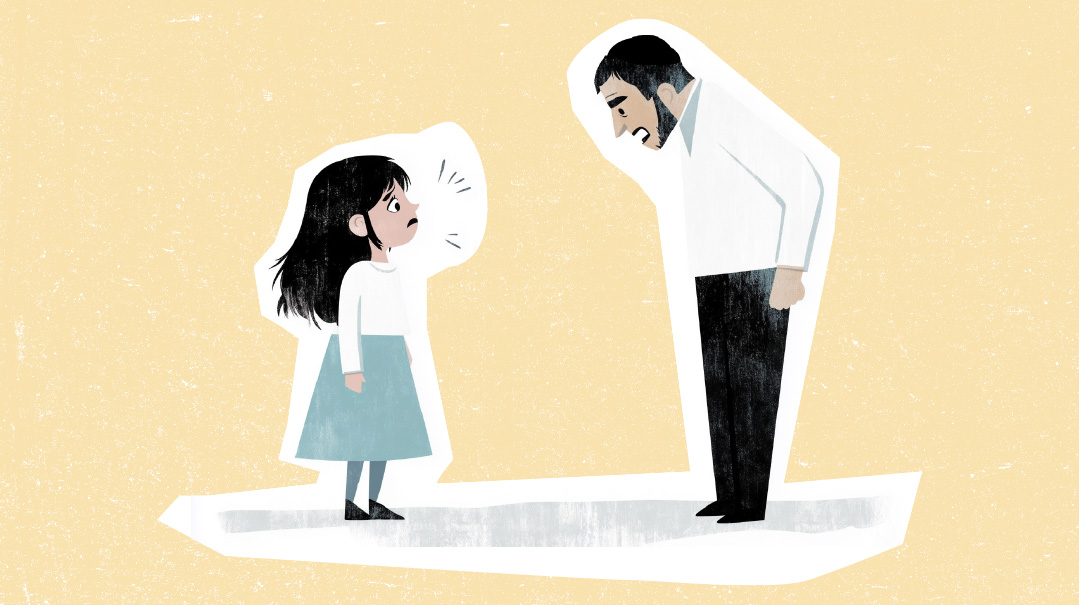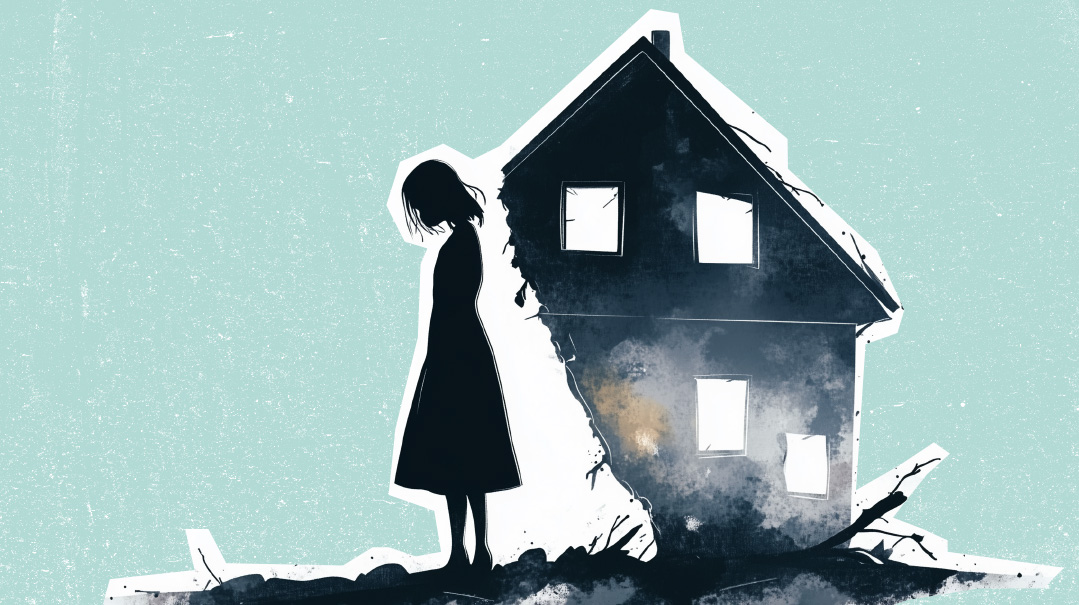Untangling My Voice from That of Others

We can’t live someone else’s life; we must live the one that we were designed for

Q:
I went through a lot of bullying when I was a child, and was rejected by my classmates and invisible to the adults. Today I find myself drawn to many forms of self-expression. I enjoy and have done almost anything creative or expressive that exists, some as jobs, some as hobbies.
I’m experiencing much self-doubt because a rebbetzin warned me that having so many outside interests can get in the way of family life, and since family is so important to me, I’m concerned my interests will get in the way.
I once asked myself: Why do I need all these hobbies? I felt the answer in my heart: I want to be seen. Each interest allows me to express a different piece of myself and it’s hard to let go, but because of my self-doubt I’ve dropped it all and am trying to figure out how to proceed.
I want to make an authentic choice, but I’m having trouble untangling my voice from those of others. When is having many hobbies and a few side jobs a problem? I have a small business, do kiruv, teach classes, paint, play an instrument, and am a teen mentor.
I would appreciate any insights you have.
A:
Everything is orchestrated by Hashem, including the words others say to us. Sometimes we have to hear things that hurt because Hashem is giving us the gift of cleansing. Sometimes we have to hear something that frightens us because Hashem is giving us the opportunity to strengthen our emunah and bitachon. Sometimes Hashem sends words to us to help us evaluate our behavior, straighten our course, or recommit to our values or mission.
The rebbetzin’s words made you stop and think and, in fact, disturbed you so much, you resolved to drop all of your cherished activities. In this process, all the parts of you have come forward: one that wants to do “the right thing,” another that wants to continue to be recognized and affirmed by others, one that’s missing the pleasure and meaning of her activities, one that’s unsure of how to move forward. When you hear a jumble of inner voices, you can sort them out by inviting them to a “boardroom table.” You’ll sit at the head of the table and invite the others to take seats. Each part of you will be given a turn to speak, one at a time, in order to fully explain its viewpoint.
For instance, your “do the right thing” part might talk to you about her schedule, the time and attention she gives her family, and the quality of that attention. Maybe in reviewing it aloud, she’ll admit that her packed schedule is robbing her husband and children of relaxed evening routines and quality connection. Maybe she’ll realize she can give up one or two activities in order to make more room for family time.
When the part that has a need to be seen and heard has her chance to speak, she may speak about her childhood trauma, and the pain of being invisible. She may explain she can’t go back to such a life and demand to put herself forward, at least in some measure.
The part that enjoys expressing her talents might explain that without this joy, she’d feel depressed and empty, and that she too needs to have some outlet for this energy.
The unsure part may explain that she felt very pulled before hearing the views of the other parts, but now recognizes that each voice can be attended to. She may come up with a modified schedule that meets the needs of each part, recognizing that the previous schedule only met the needs of the bullied victim, without consideration for the needs of other parts. With greater clarity that there are other parts, the uncertain part may now feel more confident and comfortable with the new plan.
I like using the “boardroom” protocol because it helps us tune in to all of our different voices and meet their needs. This is especially important when we feel conflicted, emotionally overwhelmed, or confused. It’s a process that helps us be true to our full selves and in this way reach our potential.
Shutting down or ignoring parts of ourselves, on the other hand, can lead to depression and illness. Hashem made us with our unique personalities and life experiences for a reason. We can’t live someone else’s life; we must live the one that we were designed for.
Have a question for Mrs. Radcliffe? Send your queries about parenting or personal growth to familyfirst@mishpacha.com
(Originally featured in Family First, Issue 779)
Oops! We could not locate your form.




